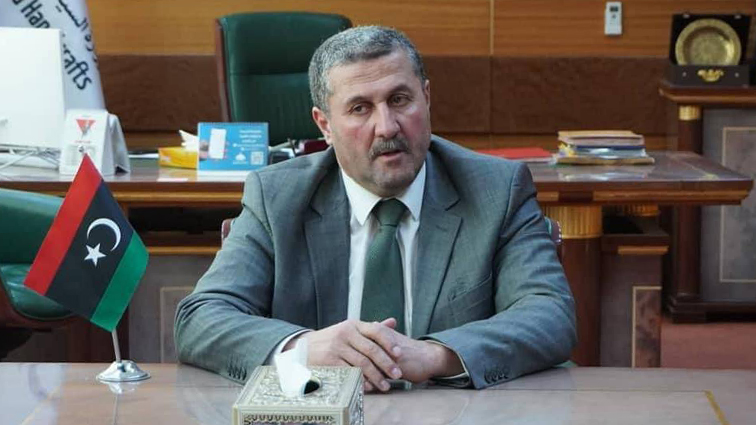Libyan Minister of Tourism, Nasereddin Milad Al-Fazzani, confirmed that Libya is recovering and heading towards achieving a comprehensive tourism renaissance.
The minister’s statements came on the sidelines of the 12th session of the Conference of Tourism Ministers of the Organization of Islamic Cooperation in the historic city of Khiva, Uzbekistan.
In response to a question about how you assess the tourism situation in Libya after the recent security and health crises, the minister said: “There is no doubt that the security and political crises that Libya went through, in addition to the Corona pandemic, greatly affected the tourism sector, but thanks to God, today the crisis has subsided, and the Government of National Unity has adopted many vital projects, such as developing the infrastructure and the transportation sector, including airports, sea reception halls and land ports. We also launched the electronic visa program, which will contribute greatly to facilitating the entry of tourists into Libya.”
The minister explained that there are clear indicators of the recovery of tourism in Libya, noting that “Libya has hosted many international events and meetings, such as the General Assembly meetings in Tripoli and Benghazi, and the city of Benghazi in particular is experiencing a major cultural renaissance, as it has become the capital of culture and embraces rich cultural landmarks that reflect its ancient cultural heritage.”
Regarding the effects of Hurricane Daniel on the city of Derna and archaeological sites, the minister confirmed that “Hurricane Daniel had a major impact on the city of Derna but did not cause significant damage to other archaeological cities such as Shahat, and the government is now adopting a comprehensive plan to rebuild Derna, and the waste has been transported and dealt with in modern ways to ensure the protection of archaeological sites.”
The Minister referred to the tourism components that distinguish Libya and make it a distinctive tourist destination, explaining that “Libya is rich in many tourism components that include cultural, beach and desert tourism, cities such as Sabratha, Leptis Magna, Shahat, Ghadames Oasis, and the Akakus Mountains registered as World Heritage, and possess unique components that make them competitive with many global archaeological cities, in addition to that, the great diversity in cultural heritage and traditional industries adds to Libya’s tourist attractiveness.”
The Minister said that “despite the crises, Libyans have preserved their national sense and protected their cultural heritage, some artifacts were stolen, but thanks to honorable Libyans and cooperation with international organizations, many of them have been recovered, today, Libya is full of important archaeological components and evidence that make it a distinctive tourist destination.”
The Libyan Minister of Tourism concluded by stressing that Libya is regaining its health and striving to enhance its tourism position on the world map, with a focus on diversifying tourism patterns and enhancing communication between peoples through its rich cultural heritage.
Libya..Embezzlement of funds and forgery of official documents in Tripoli and Misrata
